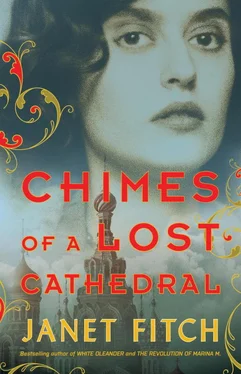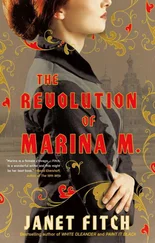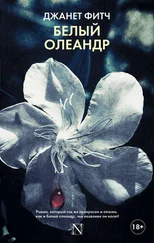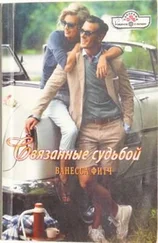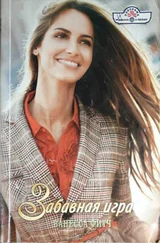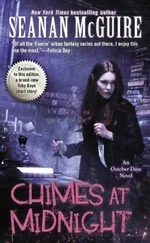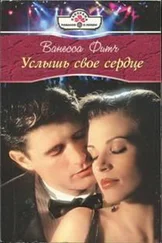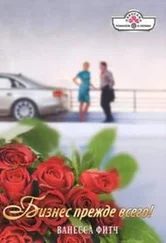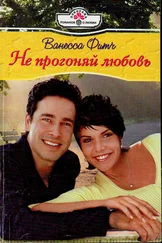Meanwhile, we watched as soldiers moved in and out of the houses. A woman shrieked when she saw her black-and-white cow being led away. “No! Please don’t take her!” She ran to the soldier, clutching at him, begging. He shoved her down into the dirt.
“She has four children,” broad-shouldered Lilina shouted out to the field commander. “They need the milk!”
But he barked at us to be quiet. She’d get a receipt, there was nothing we could do. Did we want our soldier-brothers to go hungry? Tears streamed down the woman’s face seeing the bony rump of her cow behind the soldier, the sway of her udder. I knew the other women were thinking of their own cows, hidden in the forest, wondering when they would lose them. It was a terrible loss. The woman’s children pressed close around her like scared chickens as the soldiers loaded the bags over the pommels of their saddles, their short, nervous horses sidestepping. Eight, nine, ten poods—the village’s lifeblood.
Suddenly we heard a scream from one of the izbas. A woman’s howl—and this had nothing to do with requisitioning in the strict sense of the word. More painful than the grain or the cow. This was one of our women—Galya, pretty, round-faced, the mother of a two-year-old. “Stop him!” I shouted to the commander, Iskra on my hip. “Is this how you represent the Soviet Republic to a Red village? This is your idea of agitprop?”
The hot, irritated commander swiped the sweat from his forehead and squinted at me over his requisitioning book. Those dead eyes. “Who the devil are you?”
“Marina Kuriakina. From the agit-train Red October. ” I held Iskra tighter. I could hear the blood pumping in my ears. “With the Propaganda Section—here to educate these people about the revolution.” The woman’s screams filled the hot, insect-laden air.
He gazed at me closely, baby wound in cloth on my hip, wondering, I was sure, who this tanned freckled peasant woman was, lecturing him about the revolution. I lifted my chin and gazed back, imagining Varvara. Imagining Yermilova. “Where is your commissar, Comrade?”
It was a step too far. He unholstered his Mauser and pointed it at my forehead. “Right here,” he said. “You and the kid want an introduction?”
My whole body went cold with shock. But I kept staring back. Now that I’d started this, I had to keep going—you had to meet a dangerous man eye to eye. Would he really shoot us right in front of the whole village? Oh God, those china-blue eyes said he would do it and never think of it again. That moment probably lasted a second, but I would remember it the rest of my life—the breeze in Iskra’s hair, the color of his eyes, the absolute silence of the other women. Another shriek from the izba. The unwashed commander lifted and fired his gun into the air. All the soldiers ran out of the huts, their rifles in hand, including the one trying to pull up his pants.
“Ride out,” he said. He got onto his horse. He stared right into my eyes, touched the brim of his cap with the Mauser. “Send my greetings to the Red October. ” They swirled away like devils in the dust.
August, September. The oats and the golden rye had been cut and stacked. The sun set earlier each day. It was high time I was on my way. I sewed pockets into my skirts, into my sheepskin, pockets inside and out, I had to leave my hands free for the scramble onto the trains. The women from the village stuffed my pockets with food for the trip, carefully chosen food that I could carry myself. They cut cheese into pieces and wrapped them in waxed cloth, gave me dried apricots and cherries, boiled eggs, sausage, dried fish, and bread. I wept to see what they were sacrificing for me. The best they had. I knew I wouldn’t see food like this again for a long time. If I’d been alone, I might have carried a pood of grain or potatoes, self-provisioning. But the baby would make it physically impossible. Ironic—half of Russia was self-provisioning, and I, coming from fat Udmurtia, could bring nothing at all. Roza gave me a long cloth she’d woven herself from their own flax, and I tied it into a sling for Iskra, experimenting with different wrappings to keep her secure, even nurse her in it. I could smell the chill of autumn in the air, the grain drying. Soon they would be able to replace what had been taken. It was time to head home.
I was a peasant now, my arms as hard as wood, and Iskra no longer had that compressed newborn face. She was quick and lively, full of ideas and comments, if only I could understand. How the women petted and clucked over us, giving me food and diaper cloths and wagonloads of advice, worrying that I was about to leave the small known world to venture impossibly far. To them, Petrograd was like saying America.
The sturdy midwife and her daughters Lilina and Masha traveled in the wagon with me, driven by the same silent peasant, back to Kambarka, where I’d left the train. Praskovia had saved my gun during the search, hid it in the bathhouse with the icons. I decided the safest place for it was under my skirt near my hip—I could hardly wear my sheepskin in weather so hot. I carefully slit the skirt on the seam so I could reach in if I had to, beneath my apron. She’d risked a great deal hiding it for me. Her cousin was a fisherman on the Kama River, I would go halfway by boat, then cross in a wagon. Sad as parting was, I yearned to be off. I was ready. I would fight my way onto those lice-ridden trains. We kissed many times as they put me on the boat.
The Kama was a beautiful broad river, in places as wide as the Neva, and if I stayed ahead of the smokestack, the air was bright and scented river green. I sat on a box with Iskra in my lap as they spent the day fishing around Sarapul, grilled up a midday meal. The fresh fish melted in my mouth. We reached a small townlet at just about dusk, where the cousins of the fisherman took me in and fed me, and I boiled water and washed Iskra’s diapers as well as I could, spreading them out on the line, hoping they’d be dry by morning.
The fisherman’s wife insulted the baby as much as she could, protecting her from the Evil Eye, extra servings of abuse because she was so beautiful, so extraordinary, like a splash of sunshine in a cave. I was used to it by now. She said things like “She sure is a puny thing.” “Hardly worth the milk.” She talked about her own little son that way too, a round-eyed, well-behaved child. “Him? That idiot? Who’d want a miserable child like that?” Looking around, as if someone was listening. Layers of superstition, you couldn’t turn around without bumping into some rustic devil.
The next day, there was much argument about who would take me to Izhevsk—the honor finally went to a man with a debt he said was owed to him, a welder in the metalworks plant. We got into the cart and he brought a full load of potatoes and grain for sale to the self-provisioners at the station, to make a day of it. As we drove along, looking like a good peasant family—father, mother, redheaded child—I considered my options after Izhevsk. I could go back on the more major southern train line, through Kazan, Nizhny Novgorod, Yaroslavl, or Moscow—there was more traffic that way. But the chaos of the stations, the crowds—the roadblocks. Because of the self-provisioners, the trains would stop constantly for searches. On the other hand, there was the northern route, through Vyatka and Vologda, the line I’d taken with Kolya last fall. Cherepovets. Babayevo. Podborovye. Tikhvin.
His dear face. How he’d wept at Cherepovets. On his knees, begging my forgiveness. It wasn’t an act. What a vain girl I’d been. I didn’t even know who that girl was now. I was a woman with a child, and life had become something far clearer, something more serious. You didn’t play little games of hard feelings just because your vanity was wounded. I saw now the price of sending love to the gallows, pulling the trapdoor. I wasn’t Genya. I was flesh and blood, and there was nothing as bloodless as an idea. I forgave Kolya his passion. At least it was passion—he was a flesh-and-blood man. He might make love to another woman, but he’d never give me up for an idea. He lived in this world, not the one of the spacemen. I would go back to Petrograd. It was where I belonged. I would show him his daughter, and let the cards fall where they may. Would he be cold? I knew that he could be hard as well. But whatever it was that fate held in store, I would find out.
Читать дальше
